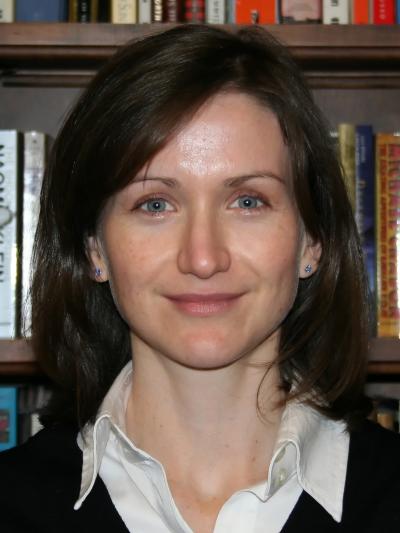Insecure Democracy: Risk and Distributional Conflict in Brazil

Principal Investigators: Sarah Brooks, Department of Political Science
How does a person’s experience of personal security affect his or her participation in democratic politics, and what are the results for distribution of public goods?
In this project, Sarah Brooks seeks to answer these questions by examining crime rates, income levels, and public expenditures by the municipal councils of two cities in Brazil.
Brazil makes a good test case for examining the link between personal security and public policy for several reasons. First, although Brazil has experienced a transition to democracy and strong economic growth, some of its cities are beset with among the highest homicide rates in the world, along with deep economic insecurity for many of its citizens.
Second, Brazil has led the way in the decentralization of budget decisions through municipal councils in which citizens participate in decisions about how public funds are spent. Such participatory councils have been touted as a way to channel distributional conflict and lessen historic inequality by ensuring services are provided to the poor and insecure.
Are these councils working out as planned? Brooks examines this question in two ways. First, building on a pilot study funded by the Mershon Center in 2009, she has undertaken a large face-to-face survey of more than 1,200 people in São Paolo and Recife. These interviews gauge perceptions of personal security by asking about vulnerability to job loss and victimization by violent crime, as well as the means through which citizens insure against those risks. The survey also measured the frequency and intensity of participation in local budgeting councils.
Second, Brooks will map census data on household incomes and violent crime with municipal data on public investments in social services and infrastructure to see if there is a correlation.
By tracking perceptions of personal security with rates of civic participation, then placing these responses within a broader socioeconomic context, Brooks hopes to identify patterns in public investment, showing how democracy can address problems of inequality and violence in emerging nations.
Based on this research, Brooks plans to produce two articles and a proposal to the National Science Foundation for multiyear cross-national study of the effects of risk on democracy.
Filters: 2011-2012, Political Science
